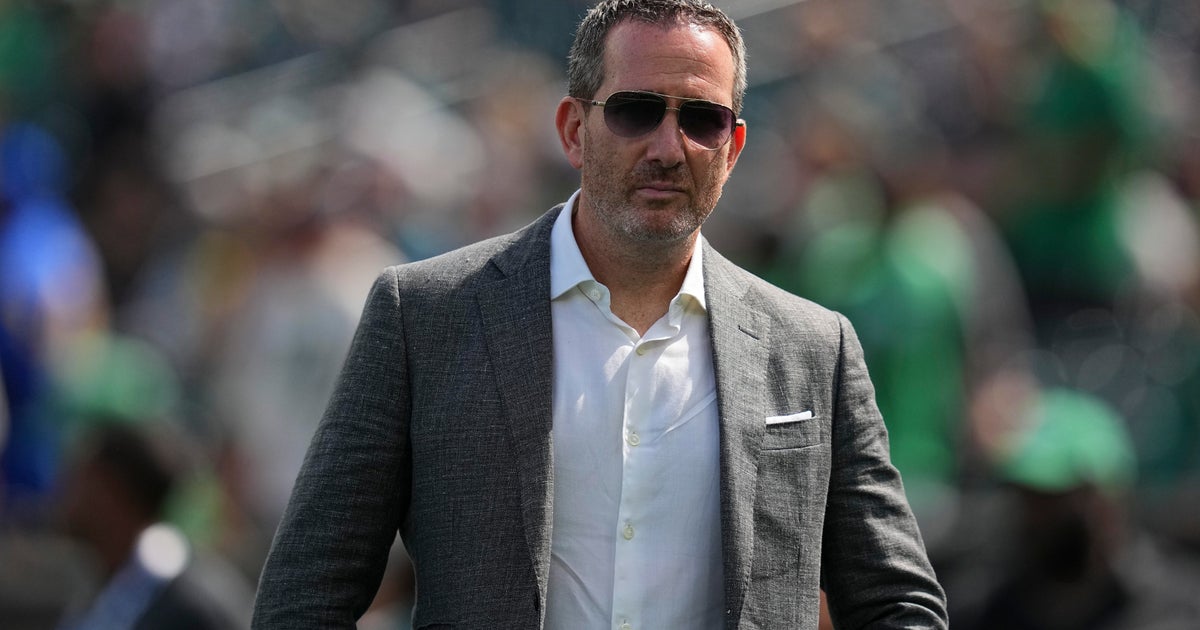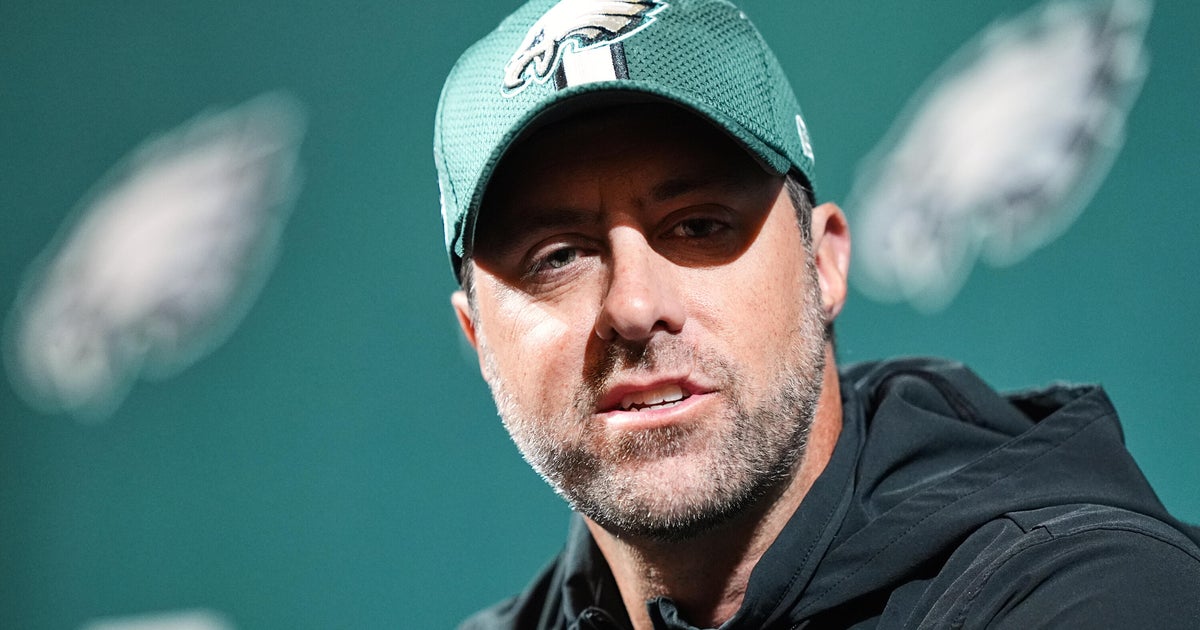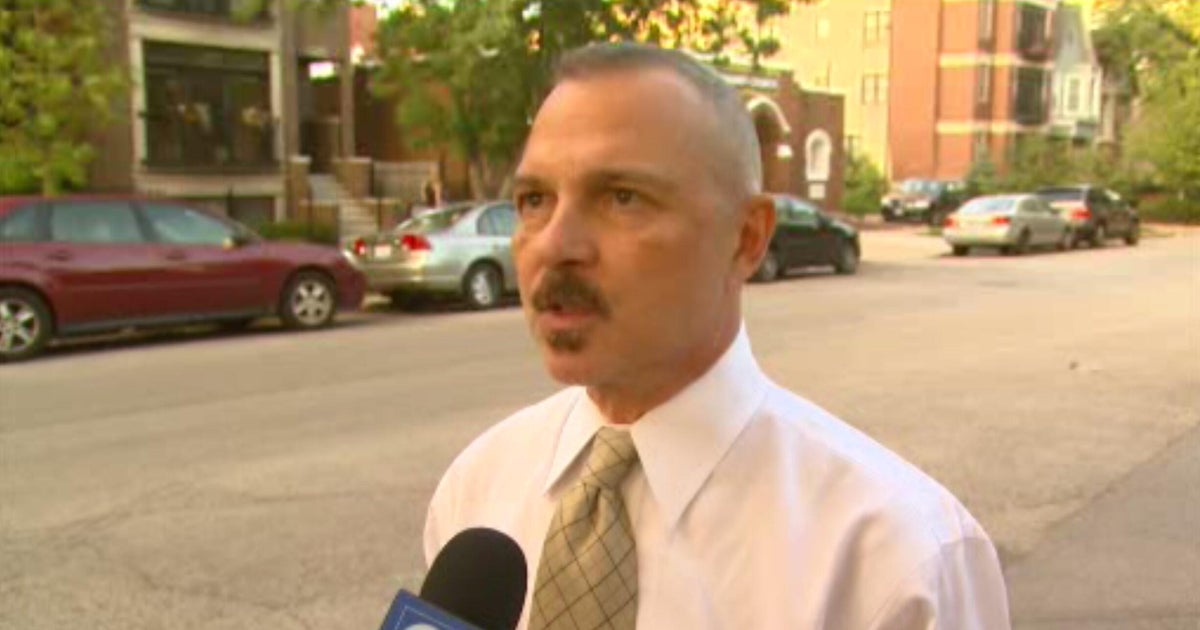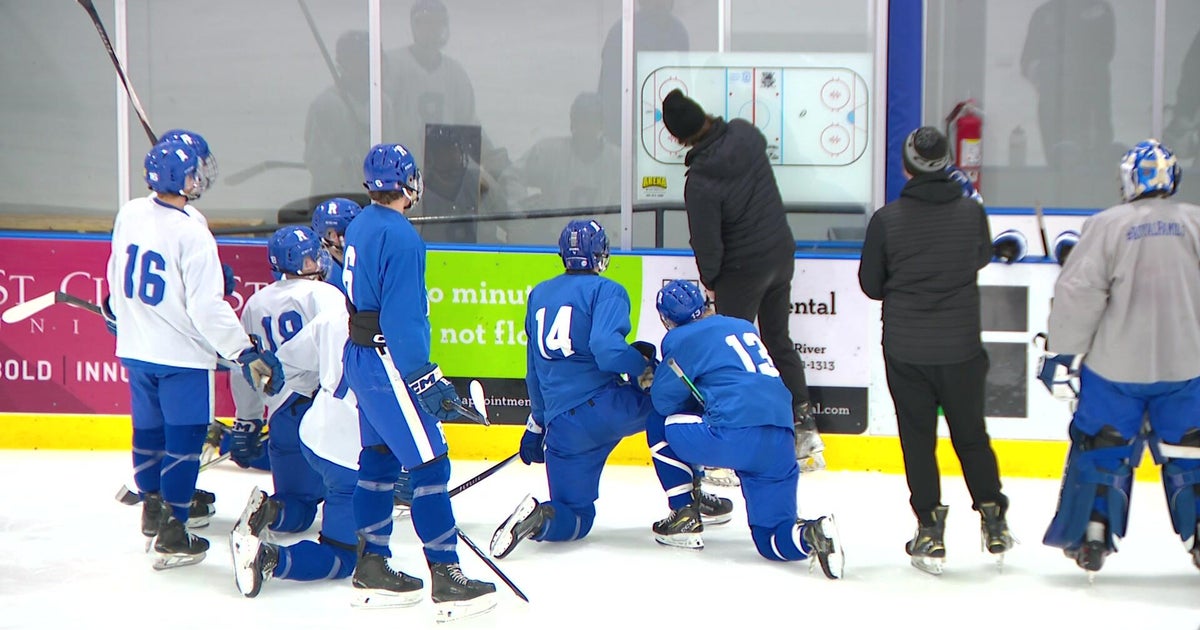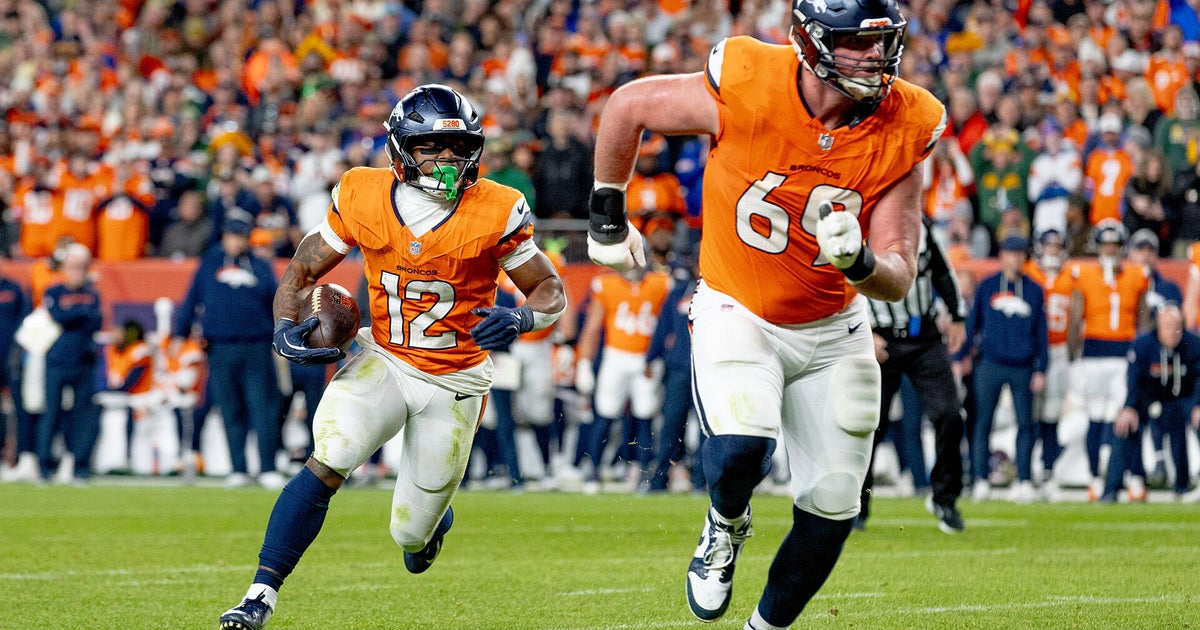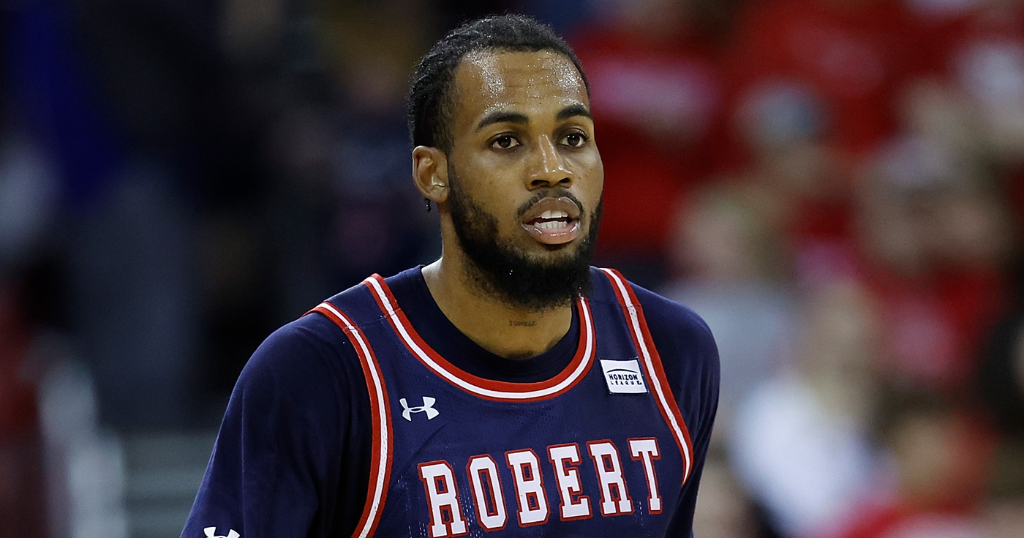Angi: Is Ventura Really To Blame For White Sox's Woes?
By Cee Angi-
(CBS) We're past the stage of denial and have moved on to acceptance: The 2013 White Sox are officially dead—sweep of the Yankees not withstanding.
It's human nature to avoid responsibility and pass blame like a hot potato, but the White Sox have had the opposite problem. Rick Hahn, Robin Ventura, and even some of the players are stepping forward with their eyes downcast saying that it's their fault that the team has failed.
There's plenty of blame to go around, and undoubtedly everyone involved in the organization's decision-making and on-field performance has had some hand in the dreadful outcome, but as the team's record continues to circle the drain, the prime target for fan ire now is no longer the front office and the players, it's Ventura.
Somewhere between the end of last season, when Ventura came in third in the American League Manager of the Year Award voting, and today, Ventura became public enemy No. 1. There are litanies of complaints, some with a tinge of reality, but most are outlandish caricatures of the skipper's sophomore season:
Ventura's lazy, they say, pointing to his habit of not making late-game substitutions.
He doesn't want to be here, they say, judging his refusal of a contract extension.
Ventura doesn't show emotions, they say, noting that he's been ejected just once this season.
He has no idea what he's doing, they insist, holding up the team's 43-69 record.
The criticism is understandable given 112 games of watching high-paid underperformers, struggling replacement players, and failed prospects. But instead of looking at the manager as a godlike executive who embodies, and therefore is responsible for, all the strengths and shortcomings of his team, think about the things that have brought the White Sox to this low place and ask how many of them he is truly responsible for.
If we do this, in most cases we will find that what we might be tempted to attribute to Ventura is really reducible to team construction.
Last winter, the team decided to punt at several positions. They didn't upgrade at catcher or third base, and gambled on the offensive rebounds Gordon Beckham and Alexei Ramirez, and the upsides of Adam Dunn, Alex Rios, and Paul Konerko. To the extent Ventura agreed with the team's decision to sit on its hands, he is culpable, but the larger part of the blame rests someplace upstairs from his office.
Ventura has not been perfect in his second season in charge, and there are a few areas where he could be more effective, especially in lineup optimization and use of relievers. It's worth noting, though, that even if Ventura made perfect decisions all season, this team would still be in last place. Their record might be marginally better, especially when you consider that the Sox have played in 40 games that were decided by one run, the most in the majors, but it wouldn't have cured them.
There are several theories as to how managers should best order their hitters, but Ventura doesn't seem to be following any of them. Last season, Alexei Ramirez was serviceable as the No. 2 hitter, a role traditionally reserved for hitters who make contact first and get on base second, but in recent years, as managers have sought to stack high on-base percentages at the top of the order, some teams have used it for sluggers. This season, because of Ramirez's struggles at the plate, the Sox are well below average in production for that lineup spot, and rank 28th in the majors in on-base percentage among No. 2 hitters.
That's not just a function of their weak offense, though, as the Sox have the opposite problem in the eighth spot, which is typically reserved for weak hitters and sometimes pitchers. Last season, Beckham belonged at the bottom of the roster since he was in the midst of a 300-game slump, but because of his rebound, the Sox have the best numbers across the board for a number eight hitter; Beckham's .324/.372/.463 is considerably higher than the league average of .240/.303/.366 in that spot.
In the past two games, Ventura has at least attempted to shake up his batting order. It's wrong to credit that as the reason they swept the Yankees, but Wednesday's win was aided by it: Beckham (who hit fifth instead of eighth) got a two-out double in the ninth off of Mariano Rivera, and pinch-hitter Adam Dunn drove him home on a single to tie the game, which the Sox won in the 12th.
Just as managing hitters has been tough, Ventura also struggled to manage his relievers, and has often ignored the splits of his relievers when bringing them into games. Ventura has used his relievers on no rest more than any manager in the AL, and he's used them in more high-leverage situations than anyone (a mix of his usage and those one-run games I mentioned before).
Ventura has a good 'pen to work with, but he's relied on his worst pitchers—Matt Lindstrom, Ramon Troncoso, Donnie Veal, and (lately) Dylan Axelrod—more than he should. The most recent example was on July 28, against the Royals, when Veal, a pitcher with shaky command who has bounced between the majors and minors for seasons, was brought out for a second inning of relief, giving up a double and the game-winning home run without recording an out.
Having dispensed with these areas, it's important to note one of the truisms about managers: They are managers of men first and strategic visionaries second.
Some of the frustration with Ventura, especially from critics that question his commitment and work ethic, stems from the fact that he's so radically different from the man he replaced, Ozzie Guillen. Bill James observed in one of his Abstracts that organizations often seek managerial replacements that are diametrically opposite personalities from the man they are replacing, and that's evident here. Sox fans had seven years of insensitivities and outbursts from Guillen—it was always evident what he thought and felt, because he never stopped talking. Ventura, on the other hand, has a much more mild-mannered approach to management, a temperament that is often mistaken for indifference.
This is the part of a manager's job that's extremely hard to evaluate from the outside, but the clubhouse, like Ventura, is calm. Sure, there's tension that you'd find anywhere when a team is on the verge of 100 losses and spent an entire month wondering what the lineup would look like the next day because of the trade deadline, but the momentary benching of Alex Rios aside, Ventura has done his managing behind closed doors, and there's been little sniping by players or Ventura in the media, which tends to happen if the clubhouse situation has turned toxic. The mood has been somber, not dramatic, and Hahn said publicly last week that Ventura has the support of the front office.
We might possibly shift some blame to Ventura for what you might call a general slackness that has hurt the team. They have an impatient approach at the plate that leads to few walks and the worst OPS+ in the league, and the defense has been abysmal. While it's hard to say that Ventura made the Sox be awful at any of these things, a critic might say that he hasn't placed a high enough premium on them, either. Ventura isn't committing managerial faux pas that waste outs, either. His team isn't bunting (last in the majors), nor does he call for many intentional walks (he's about average). He does push hard on the running game, which perhaps he shouldn't do given that the Sox have been caught 30 percent of the time.
Ventura shouldn't get a free pass when it comes to taking responsibility for his team's performance, but at the most basic level, it's hard to see what another manager could have done with such a flawed roster. Ventura is flawed, but what goes for all managers, from Ned Hanlon to Tony LaRussa goes for him: He can't win without the horses.
Cee Angi is a freelance sportswriter, whose work has appeared at Baseball Prospectus, The Platoon Advantage, The Classical, and is currently one of SB Nation's featured columnists covering Major League Baseball. Follow her on Twitter @CeeAngi and read more of her CBS Chicago blog entries here.
